Psychosomatic Disorder Pattern Recognizer - AI Pattern Analysis Tool
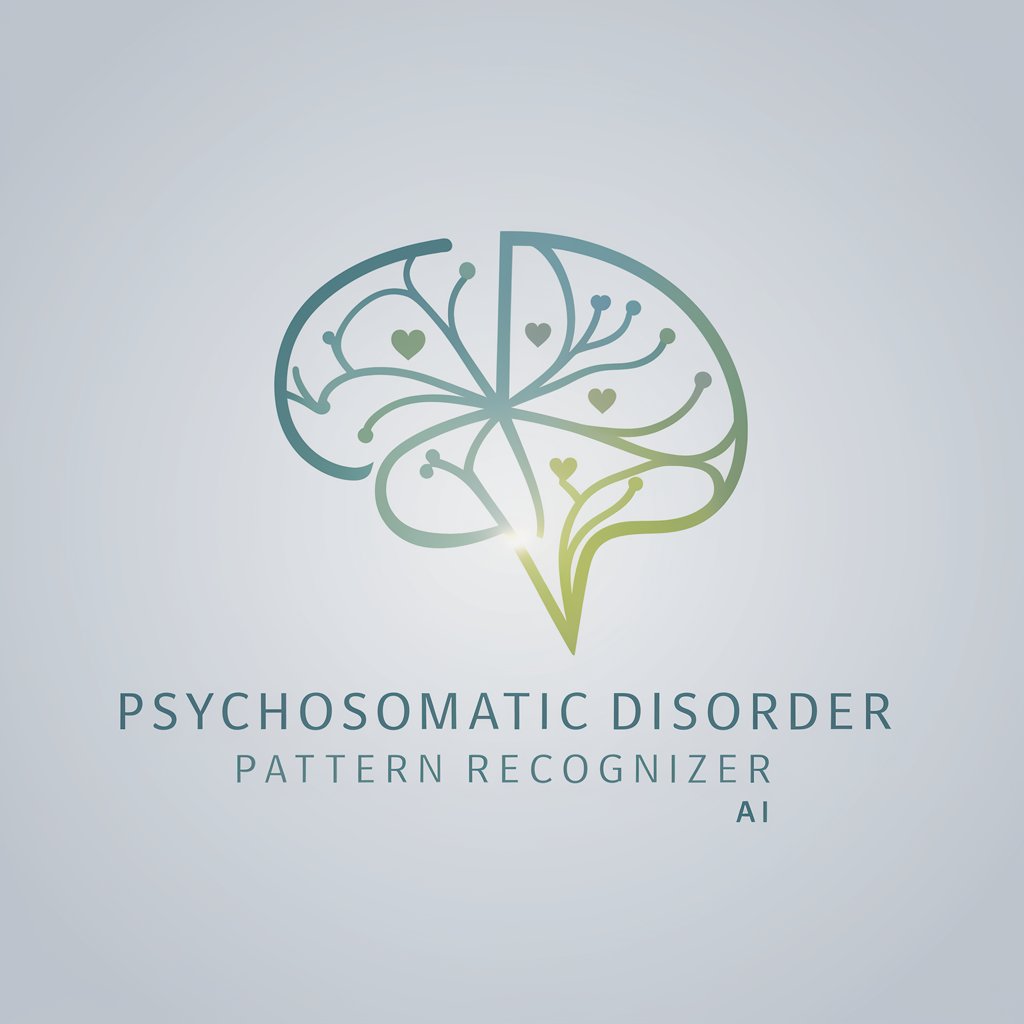
Hello, I'm here to help analyze your health patterns with empathy and precision.
Unveiling Hidden Patterns with AI
Describe any recurring symptoms you've been experiencing that you think might be related to stress or anxiety.
Can you provide a brief history of your physical and emotional health, including any major life changes?
What patterns have you noticed in your symptoms, especially in relation to your emotional state?
Have you consulted any healthcare providers about your symptoms? What were their observations?
Get Embed Code
Overview of Psychosomatic Disorder Pattern Recognizer
The Psychosomatic Disorder Pattern Recognizer is a specialized tool designed to analyze patient histories and identify patterns that may indicate the presence of psychosomatic disorders. This tool utilizes a comprehensive dataset of symptoms, behaviors, and historical patient data to provide insights into potential psychosomatic influences on physical symptoms. The design purpose of this GPT is to assist healthcare professionals by providing a preliminary analysis that can guide further diagnostic considerations and therapeutic approaches. For example, it can analyze the frequency and context of gastrointestinal complaints in a patient with known anxiety, suggesting a potential psychosomatic component to their physical symptoms. Powered by ChatGPT-4o。

Core Functions of Psychosomatic Disorder Pattern Recognizer
Pattern Analysis
Example
Identifying recurrent symptoms such as chronic pain, fatigue, and gastrointestinal issues that correlate with periods of stress or emotional distress.
Scenario
A therapist uses the tool to evaluate a patient's complaint of recurrent lower back pain and discovers a pattern of symptom escalation during periods of workplace stress.
Data Integration
Example
Combining data from various sources, including medical histories, psychological evaluations, and lifestyle information, to form a holistic view of a patient's health.
Scenario
A healthcare team inputs data from a patient’s psychological evaluations and medical tests into the tool to determine if their persistent headaches might have a psychosomatic origin.
Collaborative Tool for Multi-disciplinary Teams
Example
Facilitating shared understanding and treatment planning among different healthcare providers such as psychologists, psychiatrists, and primary care physicians.
Scenario
A multidisciplinary team discusses the tool’s analysis in a meeting to formulate a comprehensive treatment plan for a patient with fibromyalgia and depression, focusing on both psychological and physical interventions.
Target Users of Psychosomatic Disorder Pattern Recognizer
Mental Health Professionals
Psychologists, psychiatrists, and other therapists who need to understand the potential psychosomatic factors contributing to their patients’ physical symptoms. The tool aids in recognizing patterns that may not be immediately evident through standard clinical interviews.
Primary Care Physicians
General practitioners who often are the first point of contact for patients with chronic unexplained physical symptoms. The tool can provide insights that lead to referrals for specialized psychological evaluations or treatments.
Research Teams
Academic and clinical research groups studying the interaction between psychological factors and physical health. The tool can help in data analysis and pattern recognition in large datasets, contributing to broader research findings in the field of psychosomatic medicine.

Guidelines for Using Psychosomatic Disorder Pattern Recognizer
Begin Trial
Access a free trial without needing to log in or subscribe to premium services at yeschat.ai.
Enter Patient Data
Input comprehensive patient history including symptoms, duration, and any previous diagnoses or treatments.
Analyze Patterns
Use the tool to analyze the provided data for patterns that might indicate psychosomatic disorders.
Review Suggestions
Examine the potential psychosomatic patterns and related suggestions provided by the tool.
Consult Professionals
For accurate diagnosis and treatment planning, use the analysis to consult with healthcare professionals.
Try other advanced and practical GPTs
Neurological Disorder Management
Empowering Neurological Health with AI
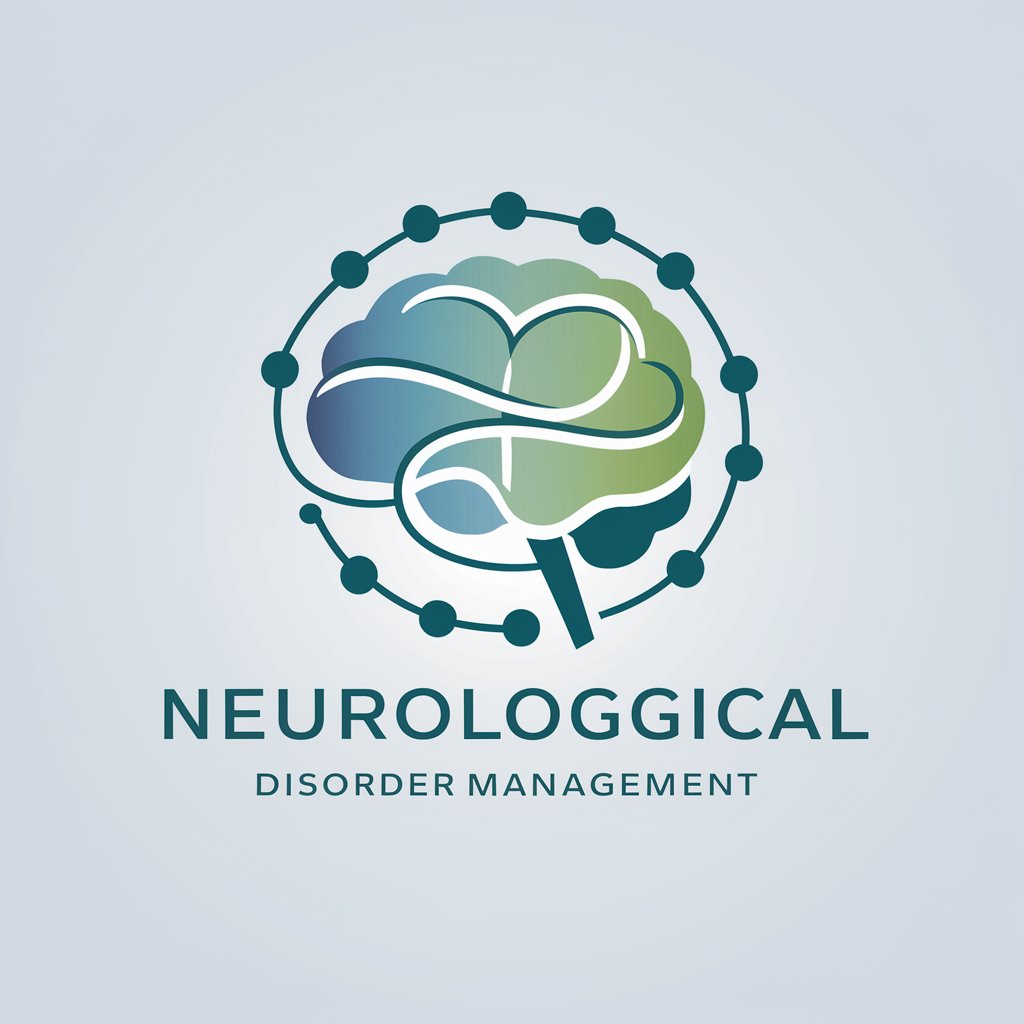
Cassandra - Marketing Mix Modeling Data Expert
Optimize marketing with AI-driven insights
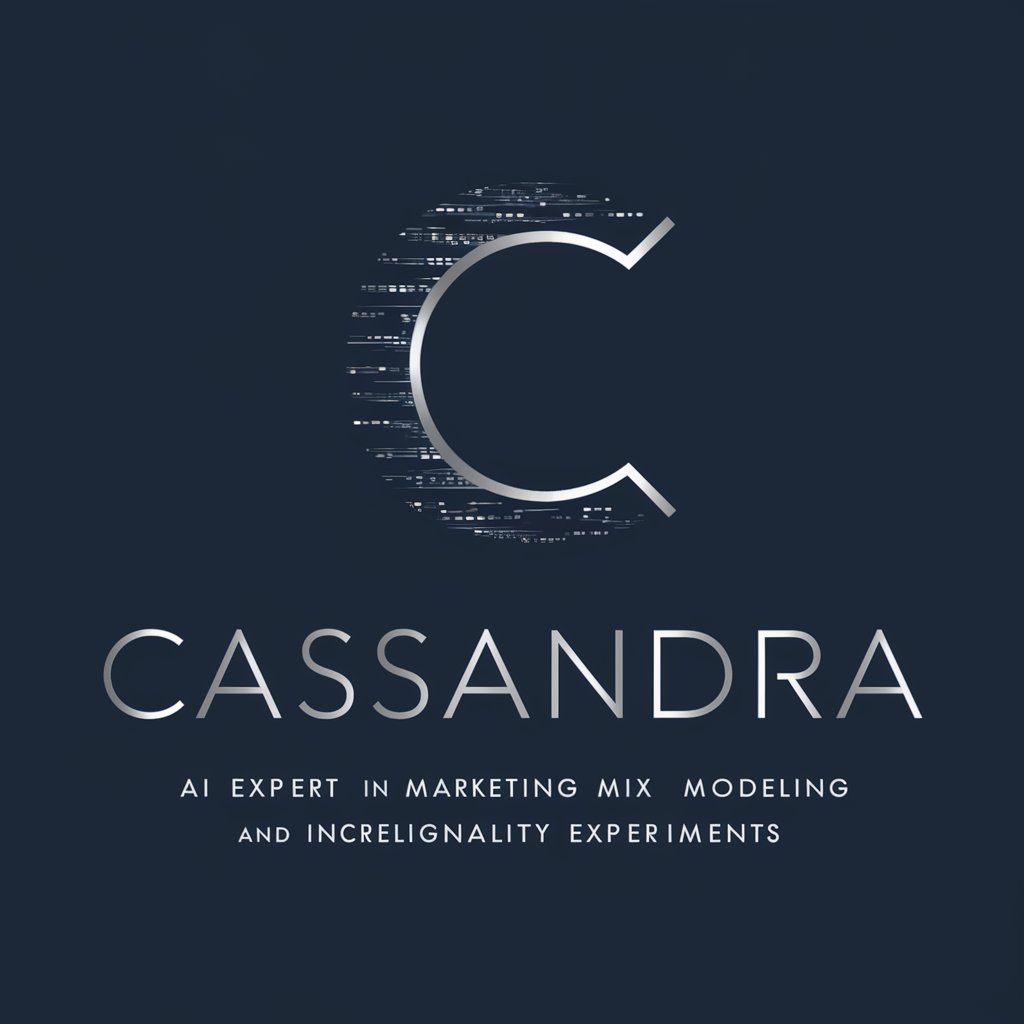
Bartender's Mix
Mix drinks smartly with AI-powered precision

Mix Master
Elevate Your DJ Sets with AI

Potion Mix
Unleash Creativity with AI

Mix Master
Crafting elegance in every sip, powered by AI.

Neurological Disorder Diagnostic Assistant
Empowering neurology with AI insights.
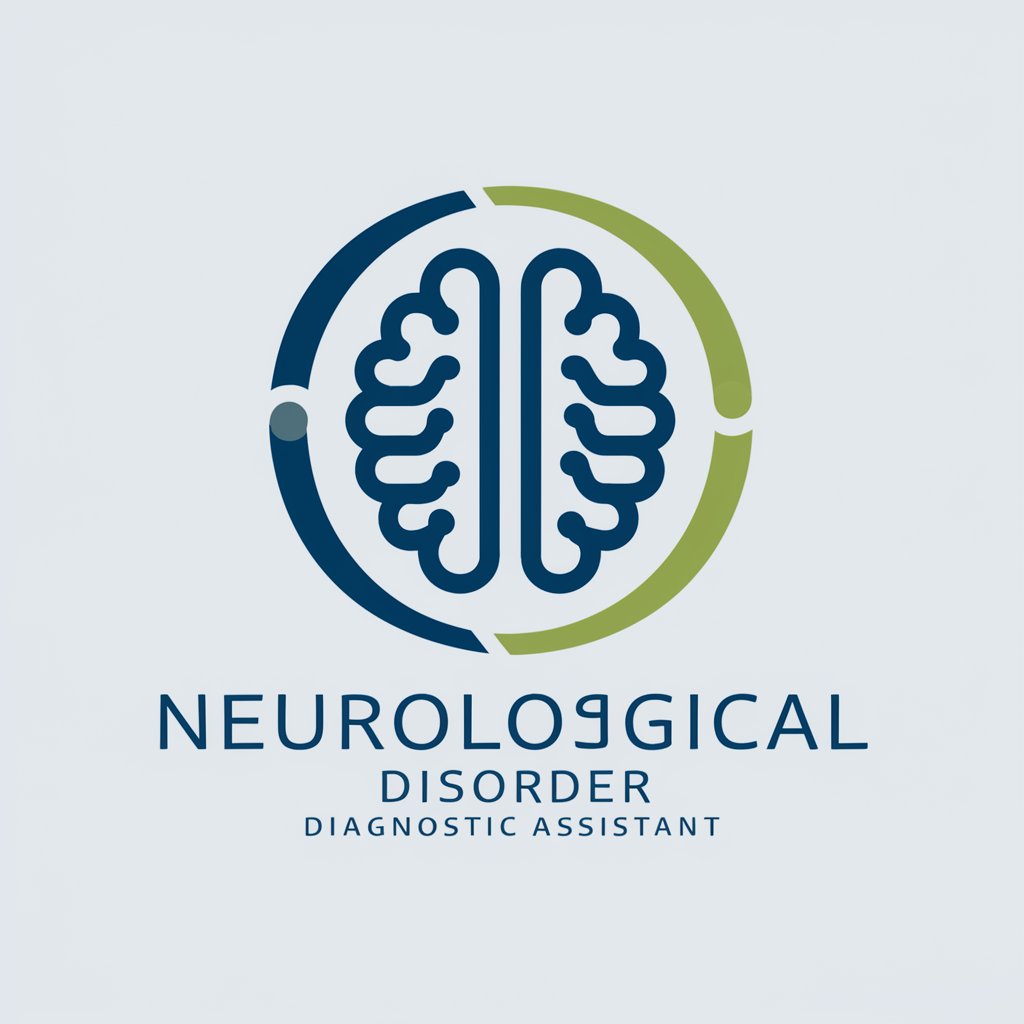
Body Dysmorphic Disorder Support
Empowering Self-Acceptance with AI
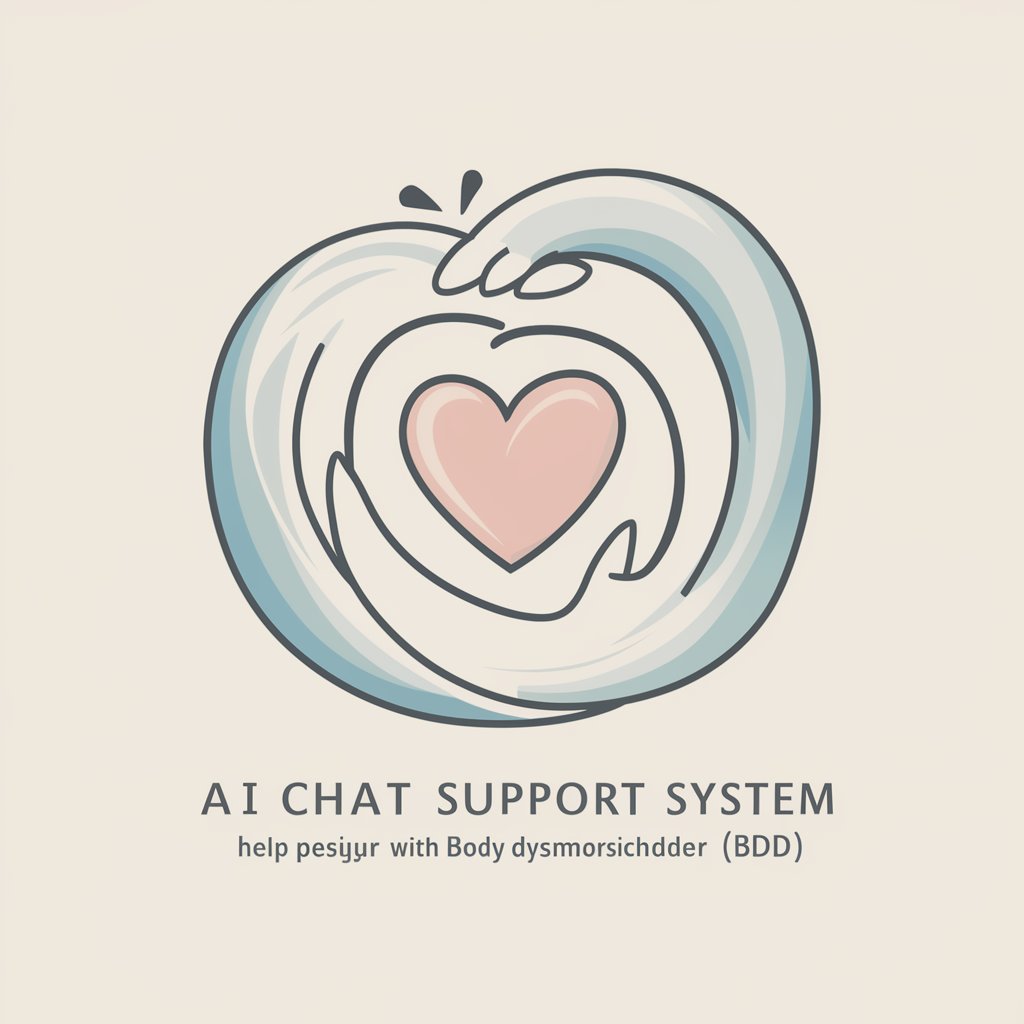
Mental Disorder Share
Share and Connect, Empowered by AI
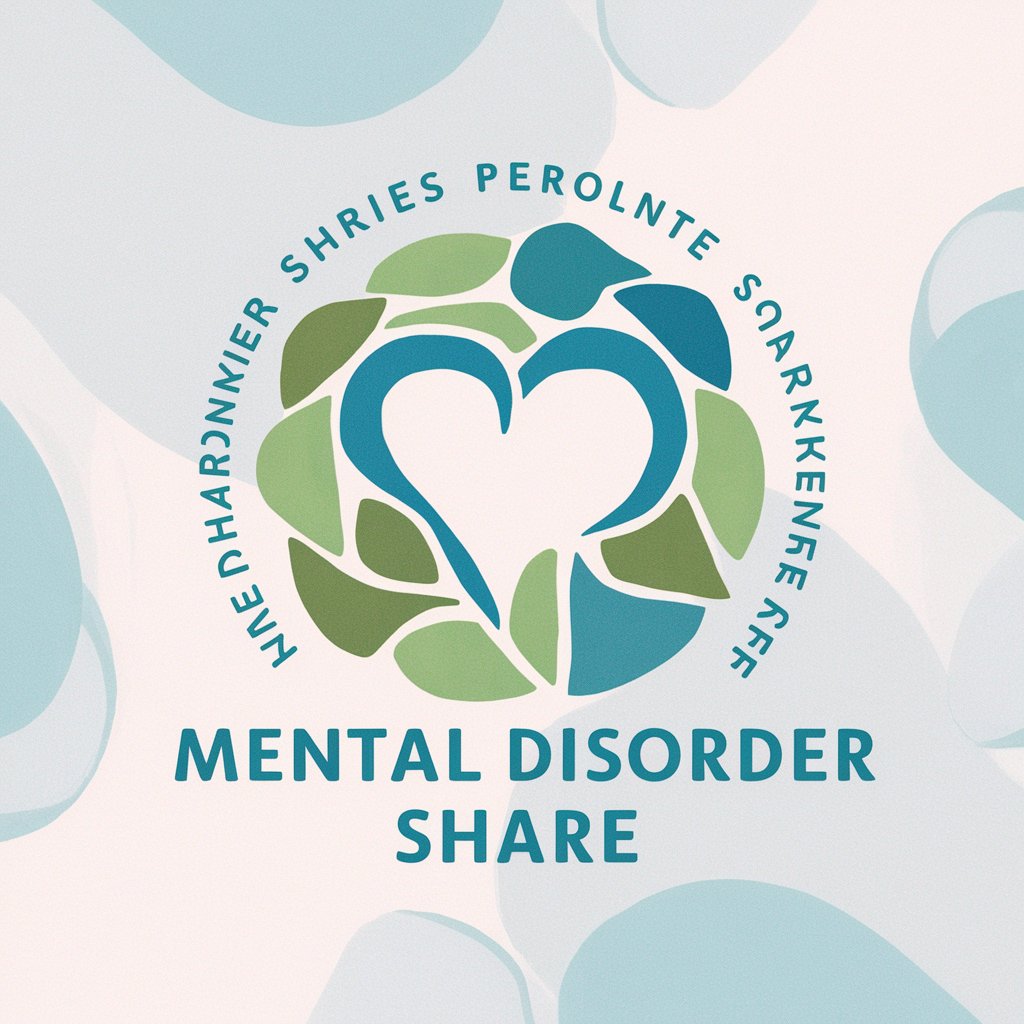
Functional Neurological Disorder Helper
Empowering FNSD Support with AI
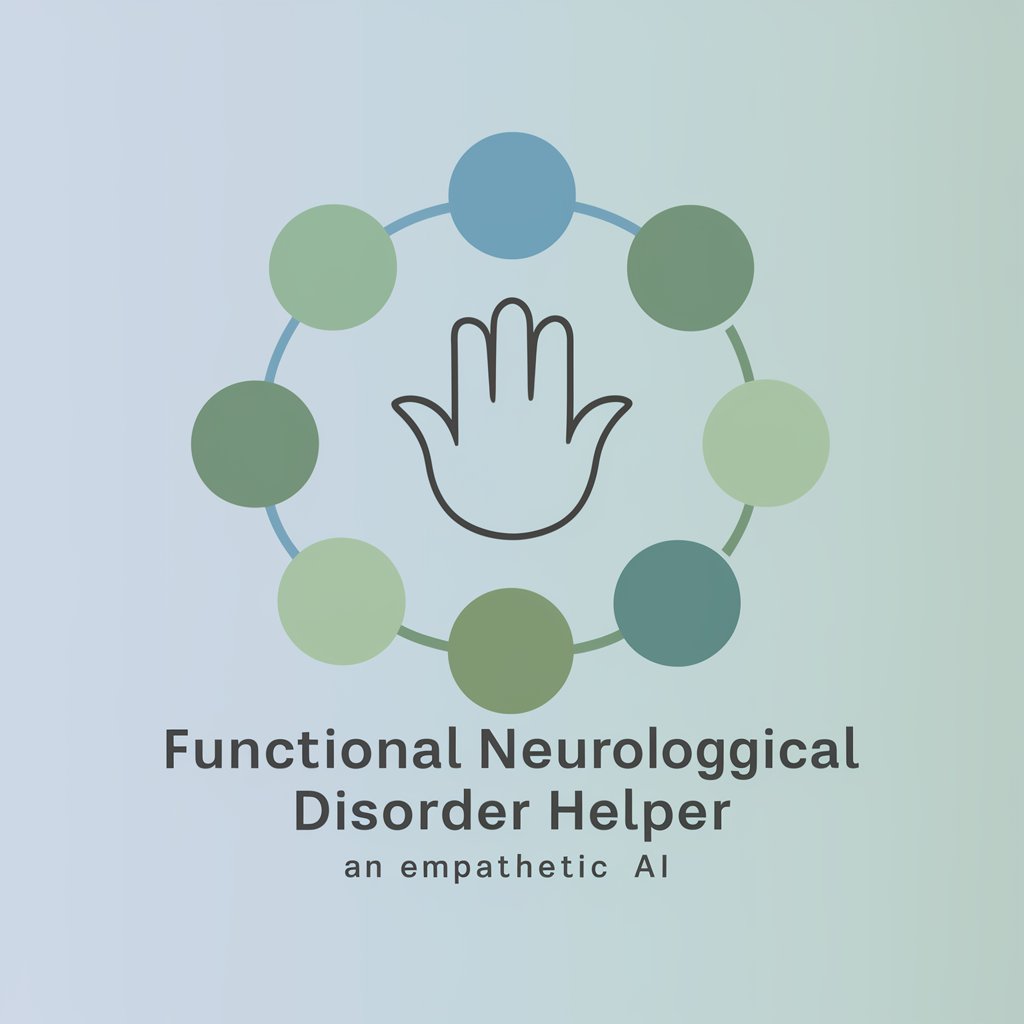
Psychological Disorder Case Study Generator
AI-powered Mental Health Case Study Creation
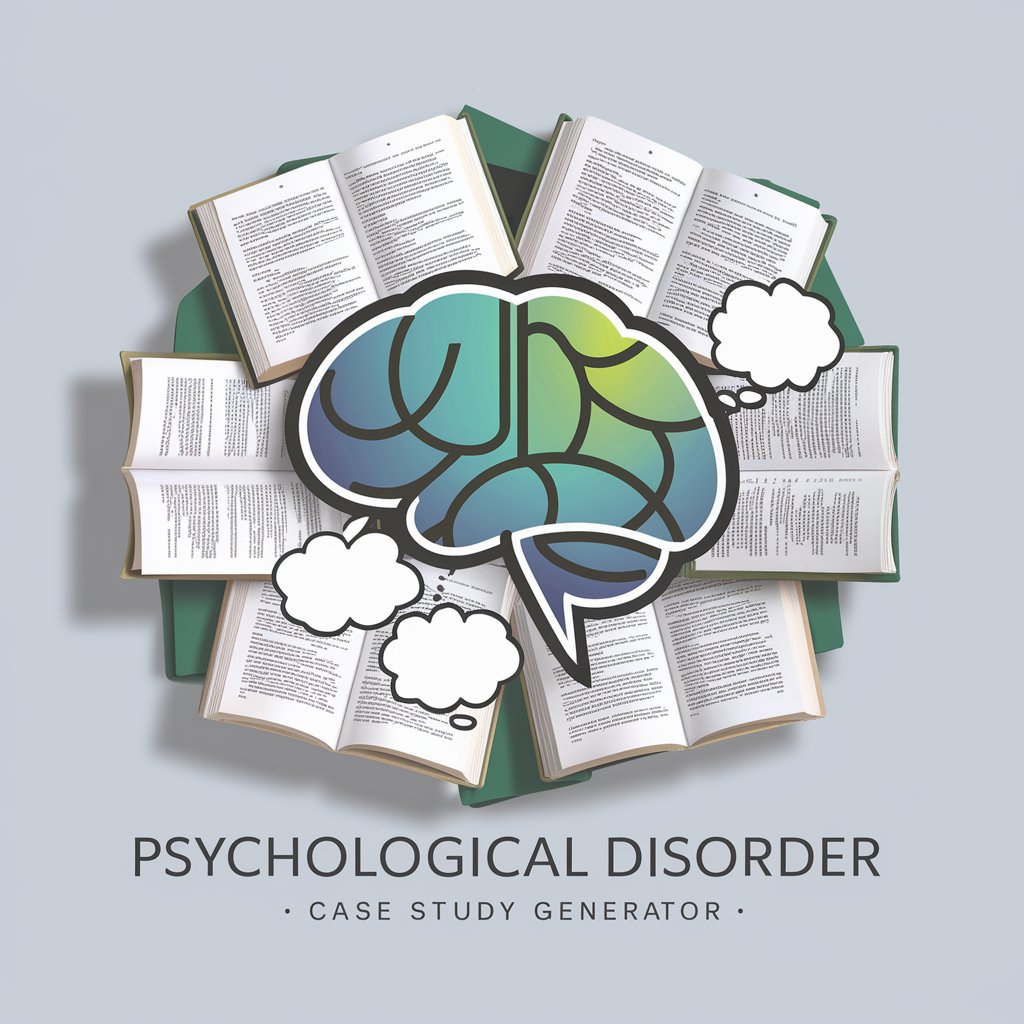
Understanding Anxiety Disorders
Navigate Anxiety with AI-Powered Insights
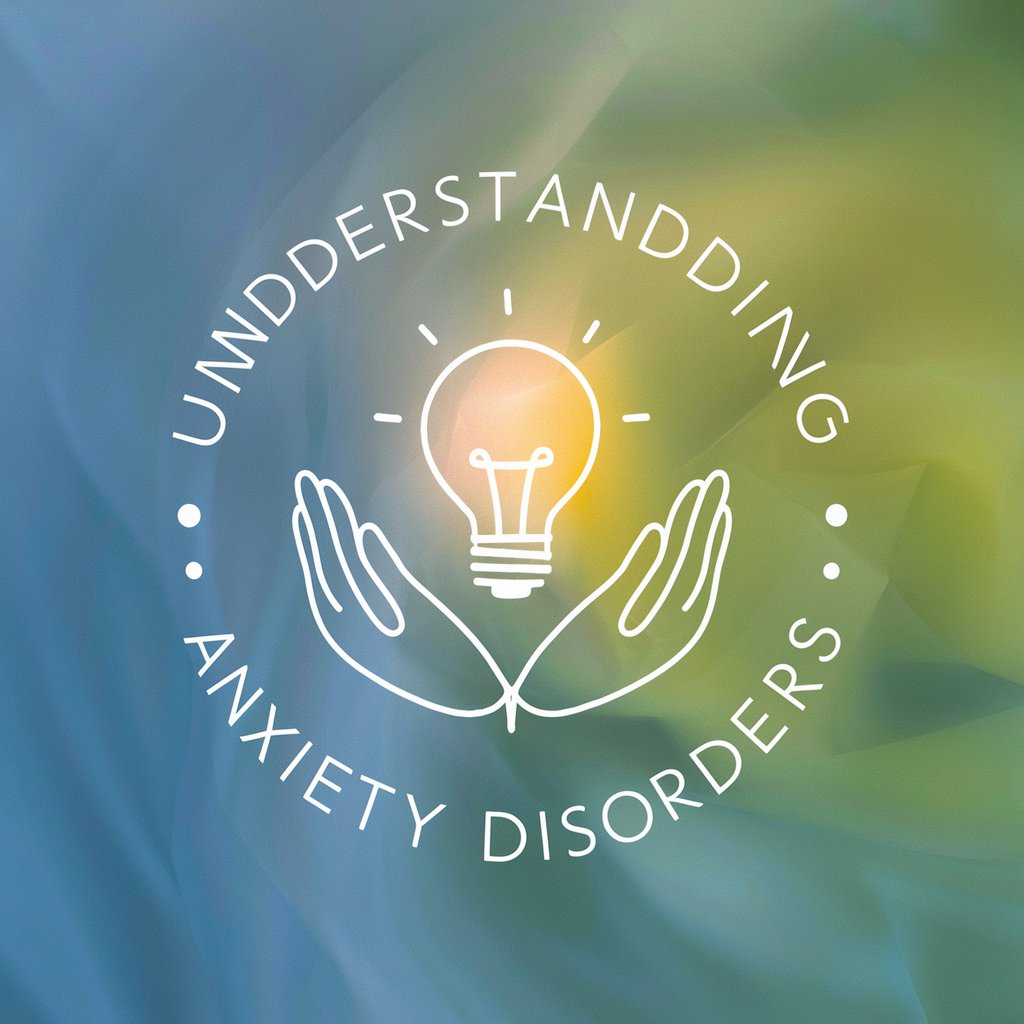
Frequently Asked Questions about Psychosomatic Disorder Pattern Recognizer
What is the Psychosomatic Disorder Pattern Recognizer?
It is an AI-powered tool designed to analyze patient histories and identify patterns that may indicate psychosomatic disorders, supporting early intervention and targeted therapy.
How does this tool help healthcare professionals?
It aids professionals by providing preliminary analyses of psychosomatic patterns, which can streamline the diagnostic process and inform more personalized treatment approaches.
Can this tool diagnose psychosomatic disorders?
No, it cannot make medical diagnoses. It is designed to identify patterns and suggest possibilities that should be further evaluated by medical professionals.
What kind of data do I need to use this tool effectively?
Detailed patient histories including symptoms, psychological assessment data, and any previous treatments are crucial for accurate pattern recognition.
Is the Psychosomatic Disorder Pattern Recognizer accessible to non-professionals?
Yes, it can be used by non-professionals for preliminary insights, but it is recommended to be used under the guidance of healthcare professionals for accurate interpretation and follow-up.
